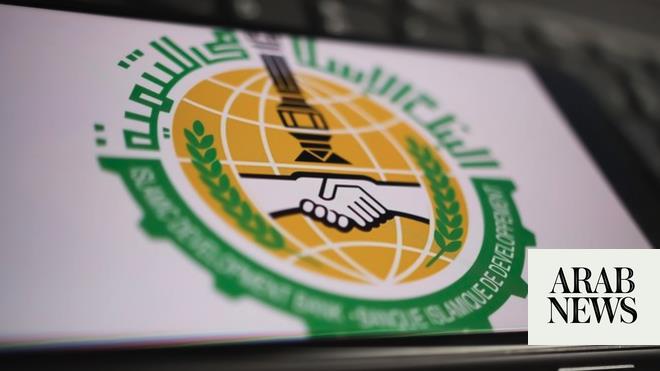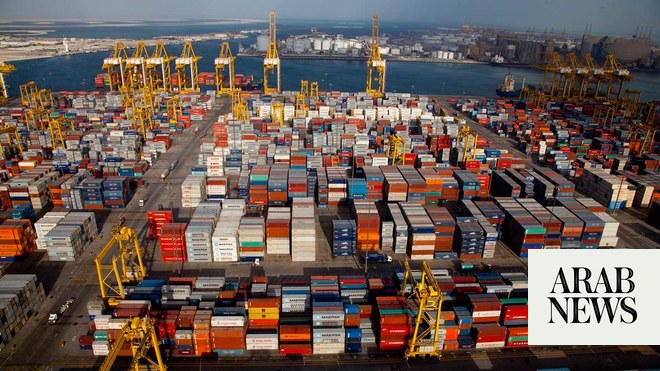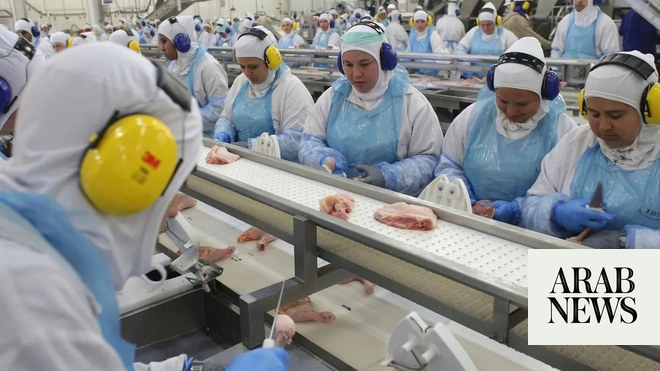
RIYADH: In a significant step to boost food security and fight malnutrition in member countries, the Islamic Development Bank has signed a trilateral agreement with two UN bodies.
The deal, signed with the Food and Agricultural Organization and the International Fund for Agricultural Development, focuses on strengthening small-scale farmers and providing them with affordable technologies to ensure food security among rural communities.
Mansur Muhtar, vice president of operations at the bank, underscored the importance of this cooperation in tackling the pressing challenges of food security and malnutrition faced by many IsDB member countries.
“Our collaboration with FAO and IFAD will have a crucial role in identifying appropriate technologies for inclusion in IsDB’s Food Security Response Program and other agricultural projects,” Muhtar noted.
Thanks to technological advancements, small-scale producers can now contribute to sustainable agricultural growth and food security.
“A majority of countries in the Near East and North Africa region projects increasing rates of food insecurity and malnutrition,” said AbdulHakim Elwaer, assistant director general and regional representative for the Near East and North Africa at FAO.
He said the agreement will “facilitate identification of technology” that can be mainstreamed “throughout the crop value chain to improve livelihoods of smallholder farmers and food security among the entire population.”
The agreement marks the initial step in the FAO-IsDB partnership following the signing of a memorandum of understanding in 2020.
“The current cooperation agreement is a major milestone in our joining forces with other partners to help reach the United Nations Sustainable Development Goals and Saudi Vision 2030,” Thouraya Triki, director of sustainable production, markets, and institutions division at IFAD, said.
“We aim to share our knowledge and technical expertise with FAO and IsDB and benefit from this joint initiative to promote the scale of these technologies and strengthen the capacities of rural farmers to help them reduce costs and increase production, income, and food security, Triki added.
These transferable technologies will aid in advancing low-carbon agriculture, enhancing resilience, combating poverty, fostering job creation, and mitigating vulnerability to climate-related risks.
This collaborative effort also seeks to utilize innovative tools and approaches, allowing rural households and smallholder family farmers to prosper despite challenges.
In addition to increasing agricultural productivity, these technologies and solutions are expected to pave the path for low-carbon, sustainable practices.
On the sidelines of the 78th session of the UN General Assembly in New York, the presidents of the Kyrgyz Republic and the bank met to strengthen bilateral ties and facilitate socio-economic development projects in the Central Asian country.
Muhammad Al-Jasser conveyed to Kyrgyz President Sadyr Japarov that the IsDB Group had initiated the preparation of the Member Country Partnership Study for the Central Asian country.
He also stated that the MCPS will facilitate the creation of concrete initiatives and projects for the Kyrgyz Republic’s people, aligning with the bank’s new strategic direction and with the republic’s national development agenda.










